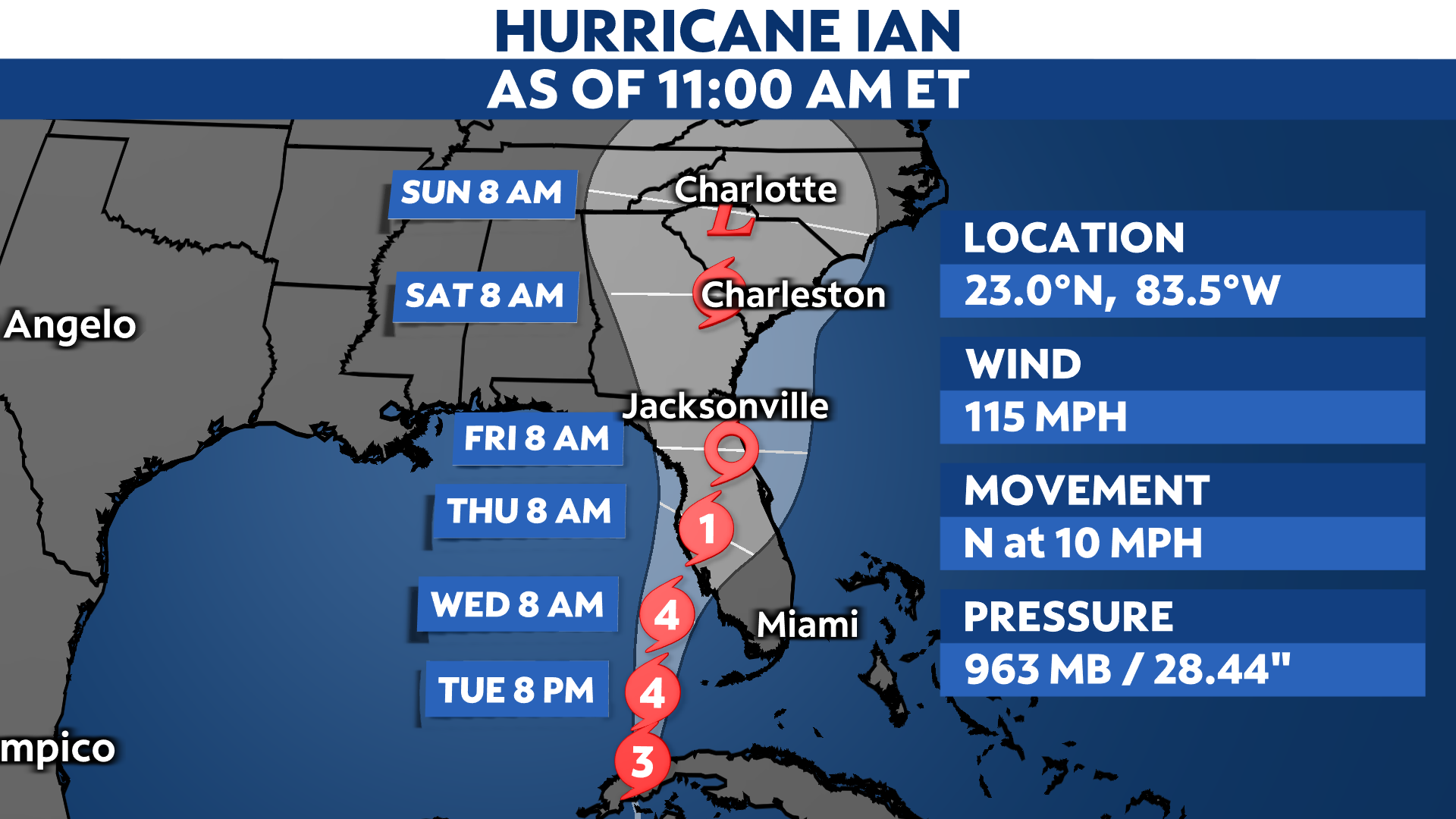Meta announced Tuesday it removed dozens of accounts that were part of covert foreign-influence campaigns originating in China and Russia.
What You Need To Know
- Meta announced Tuesday it removed dozens of accounts that were part of covert foreign-influence campaigns originating in China and Russia
- The parent company of Facebook and Instagram, Meta said the networks, which were not connected, violated its policy against coordinated inauthentic behavior
- The tech giant said the Chinese operation ran across multiple social media platforms, including Facebook, Instagram and Twitter, and was the first known one to target U.S. domestic politics ahead of November’s congressional midterm elections
- The Russian campaign targeted Germany, Ukraine and the United Kingdom, and the messaging was focused on the war in Ukraine, Meta said
The parent company of Facebook and Instagram, Meta said the networks, which were not connected, violated its policy against coordinated inauthentic behavior.
The tech giant said the Chinese operation ran across multiple social media platforms, including Facebook, Instagram and Twitter, and was the first known one to target U.S. domestic politics ahead of November’s congressional midterm elections. In the past, Chinese influence operations have typically criticized the U.S. to international audiences but didn’t attempt to directly influence Americans, according to Meta.
The Chinese campaign also sought to influence foreign policy toward China and Ukraine in the Czech Republic, Meta said.
Meta described the Chinese campaign as a “small network” that included four “largely separate and short-lived efforts, each focused on a particular audience at different times between the Fall of 2021 and mid-September 2022.”
There were about half a dozen accounts in each of the four clusters, and they posted content during working hours in China rather than when their target audiences are typically awake, Meta said. Few people engaged with the content, and some of those who did called it out as fake, according to the tech company.
In the United States, the campaign targeted both conservatives and liberals, Meta said. In the Czech Republic, the accounts criticized the country’s support of Ukraine in its war against Russia and its impact on the Czech economy, according to the company’s report. The criticism was then used to caution people in the Czech Republic against antagonizing China, Meta said.
Meanwhile, Meta described the Russian network as large and sophisticated. It primarily targeted Germany, but also Italy, Ukraine and the United Kingdom, according to the company. The messaging was focused on the war in Ukraine, criticizing the Ukrainian government and refugees, supporting Russia, and arguing that Western sanctions on Moscow would backfire, Meta’s report said.
The Russian activity began in May and centered on more than 60 websites that impersonated legitimate news websites in Europe, including Spiegel, The Guardian and Bild, Meta said. The accounts would then promote the articles, as well as original memes and YouTube videos, on Facebook, Instagram, Telegram, Twitter and petition websites, according to Meta. In some instances, the content was amplified on the Facebook pages of Russian embassies in Europe and Asia, Meta said.
The social media company said when it blocked domains linked to the operation, it would then see attempts to set up new ones, suggesting persistence and continuous funding.
“This is the largest and most complex Russian-origin operation that we’ve disrupted since the beginning of the war in Ukraine,” the company’s report said. “It presented an unusual combination of sophistication and brute force. The spoofed websites and the use of many languages demanded both technical and linguistic investment.”
Meta launched its investigation into the Russian campaign following reports from German investigative journalists exposing the fake accounts.
The social media company said it has shared its information with other tech companies, security researchers, governments and law enforcement “so they too can take appropriate action.”




